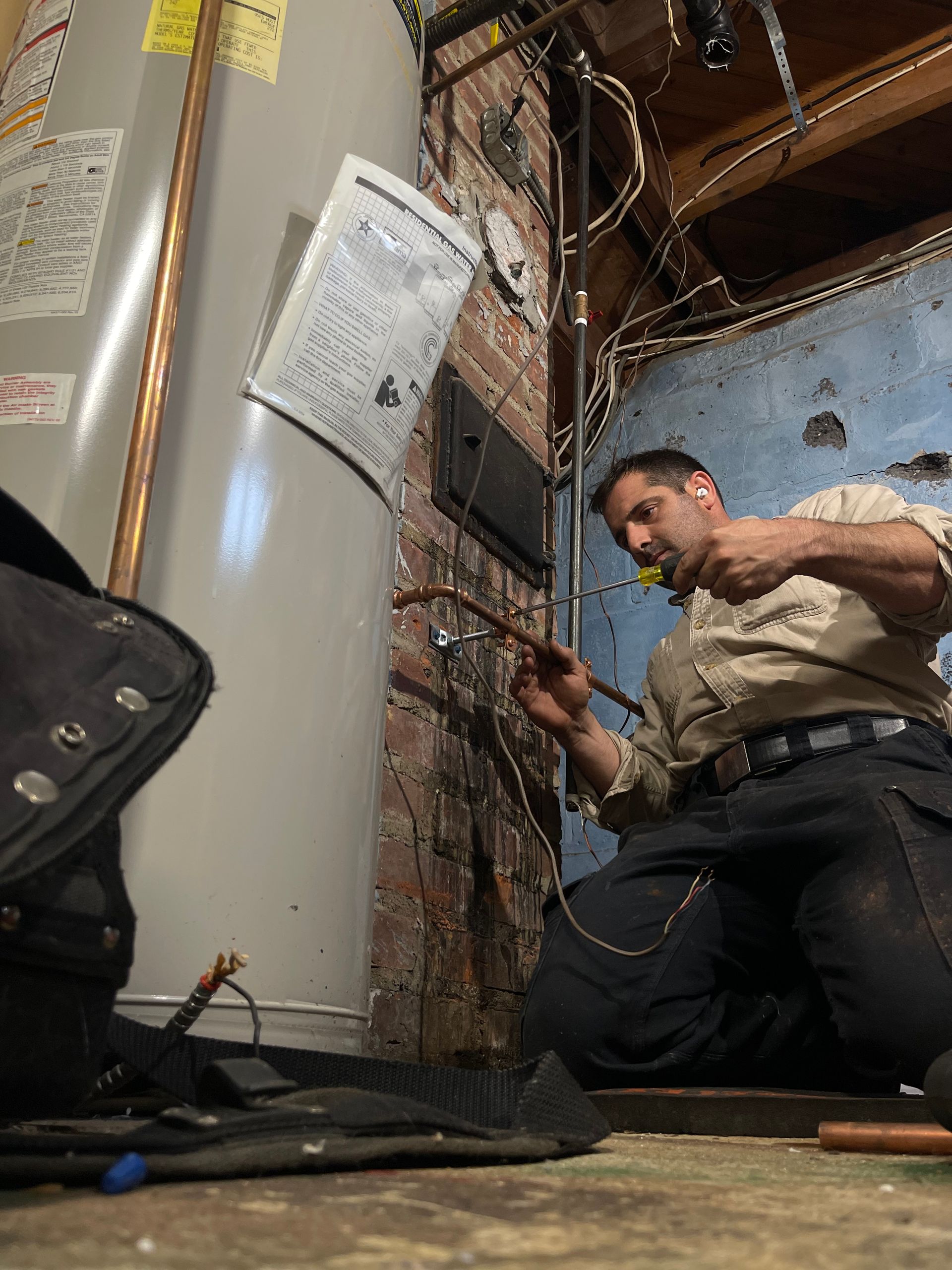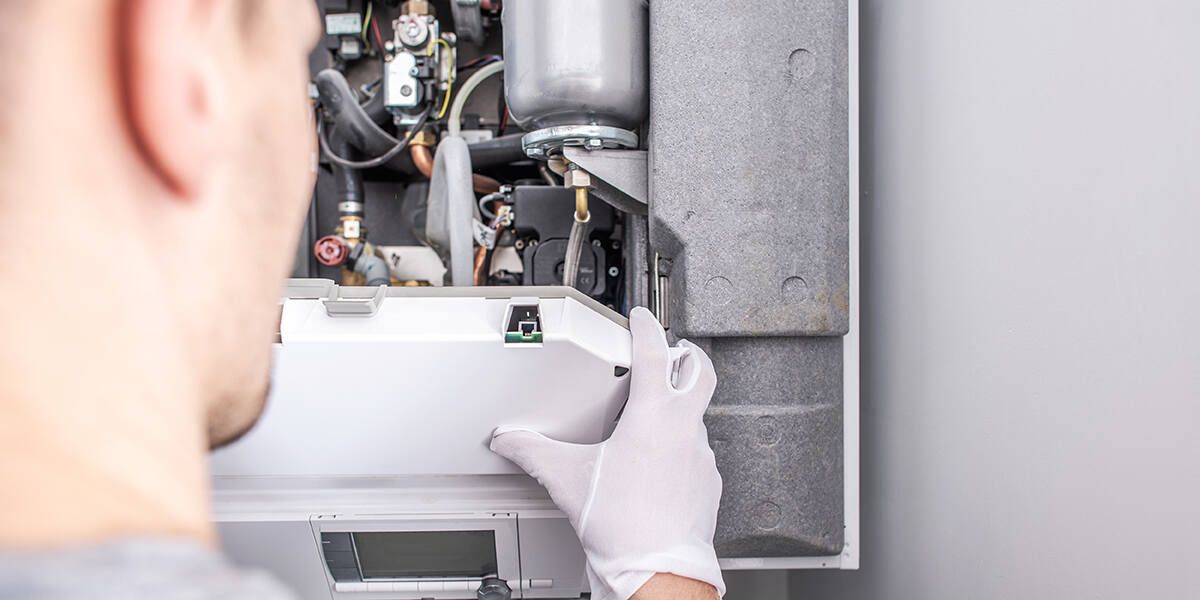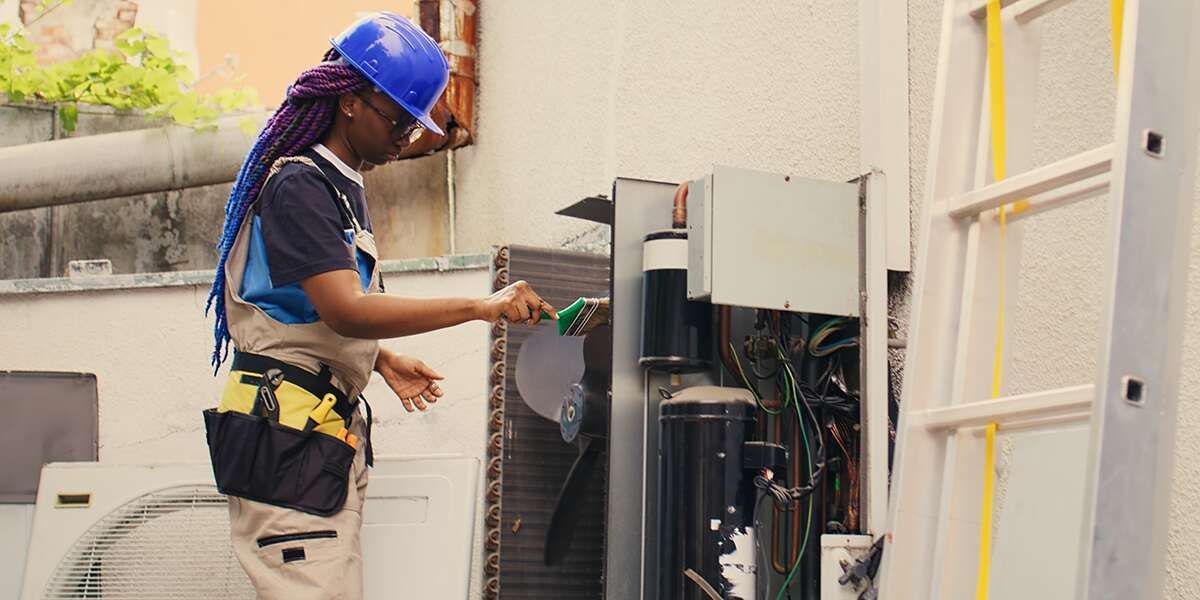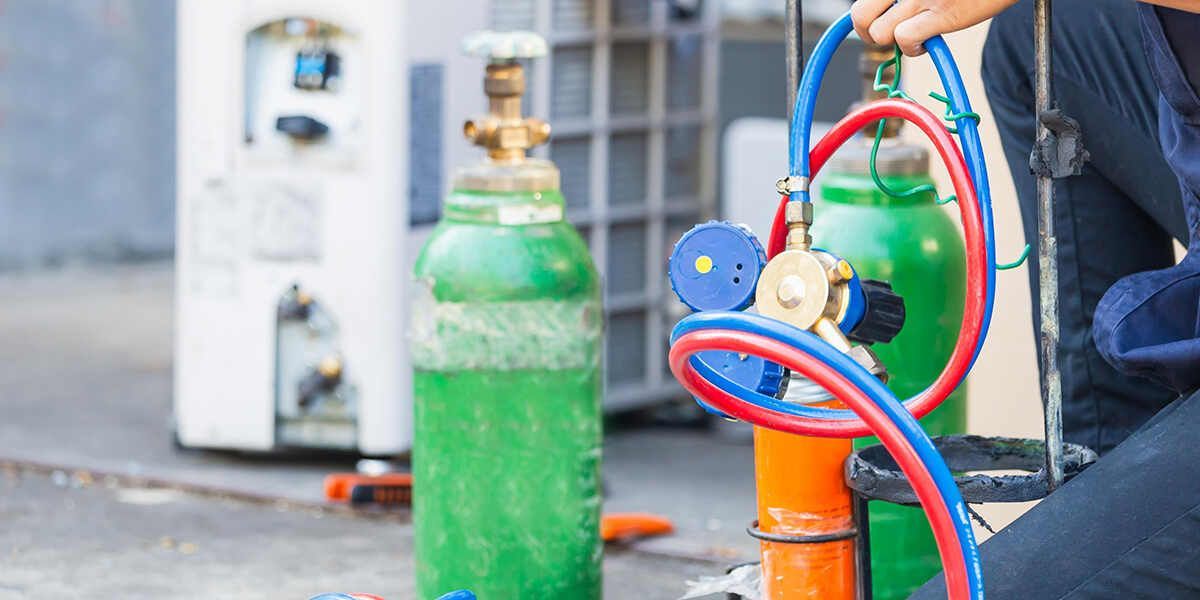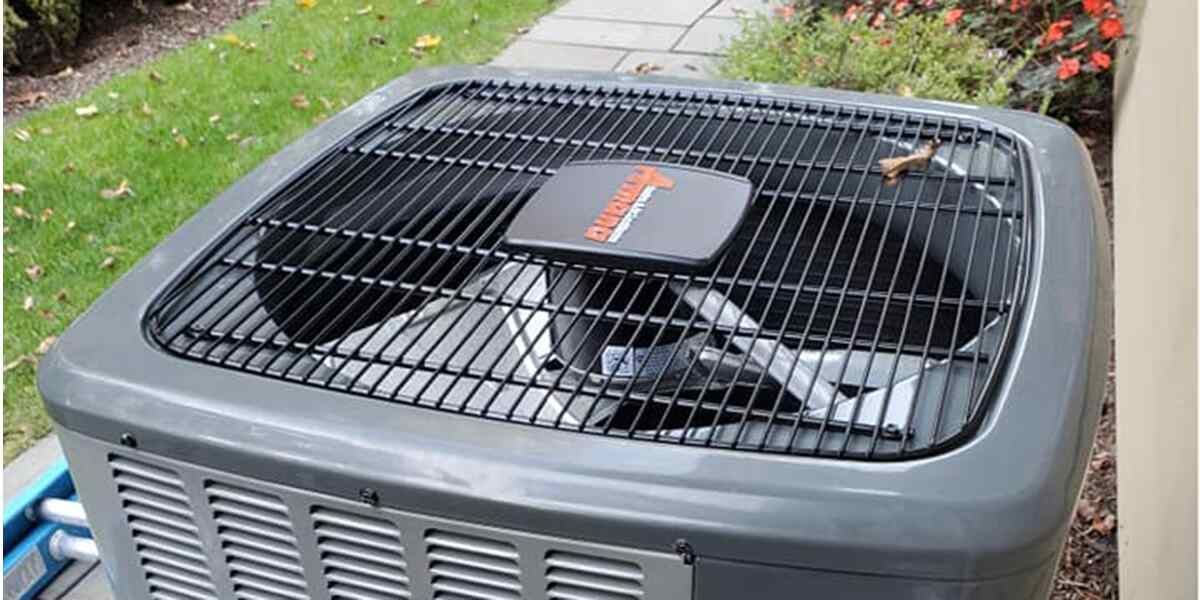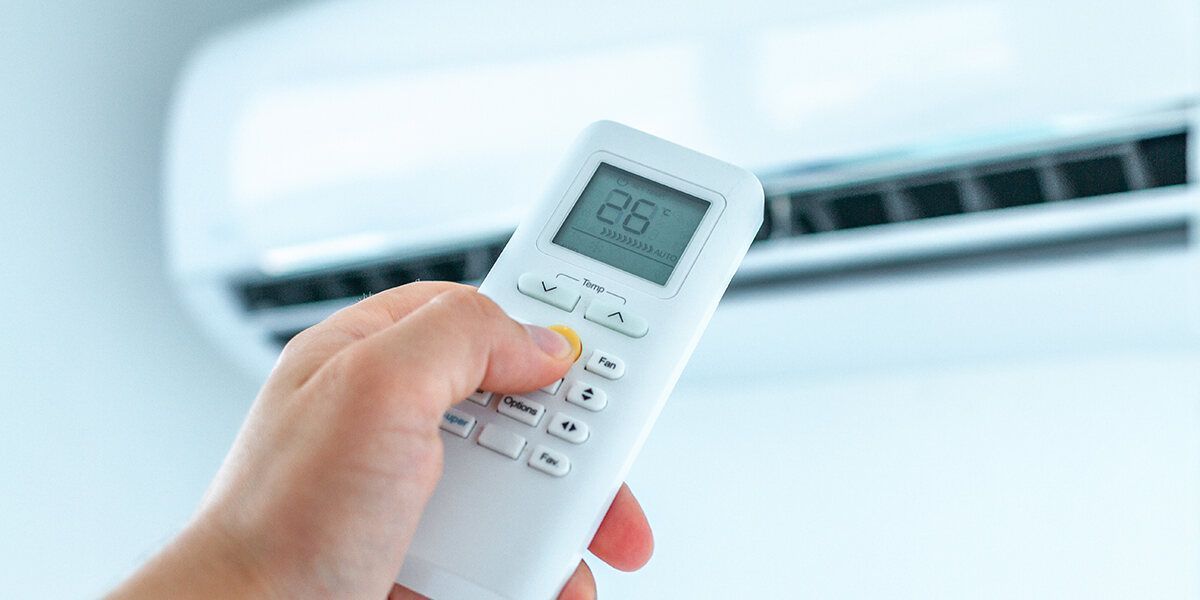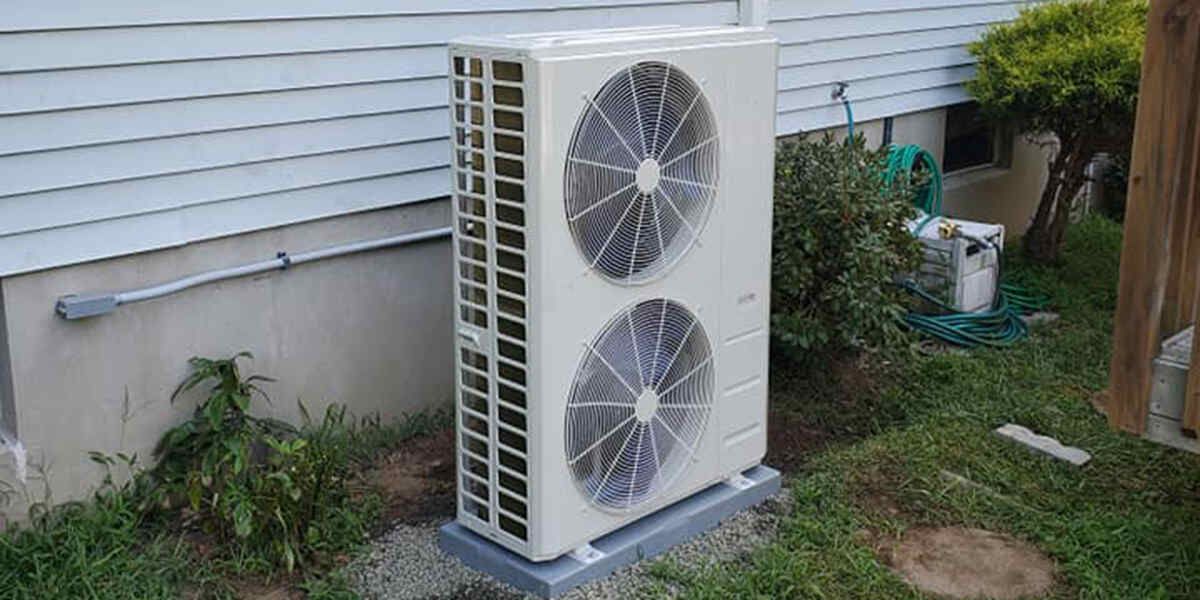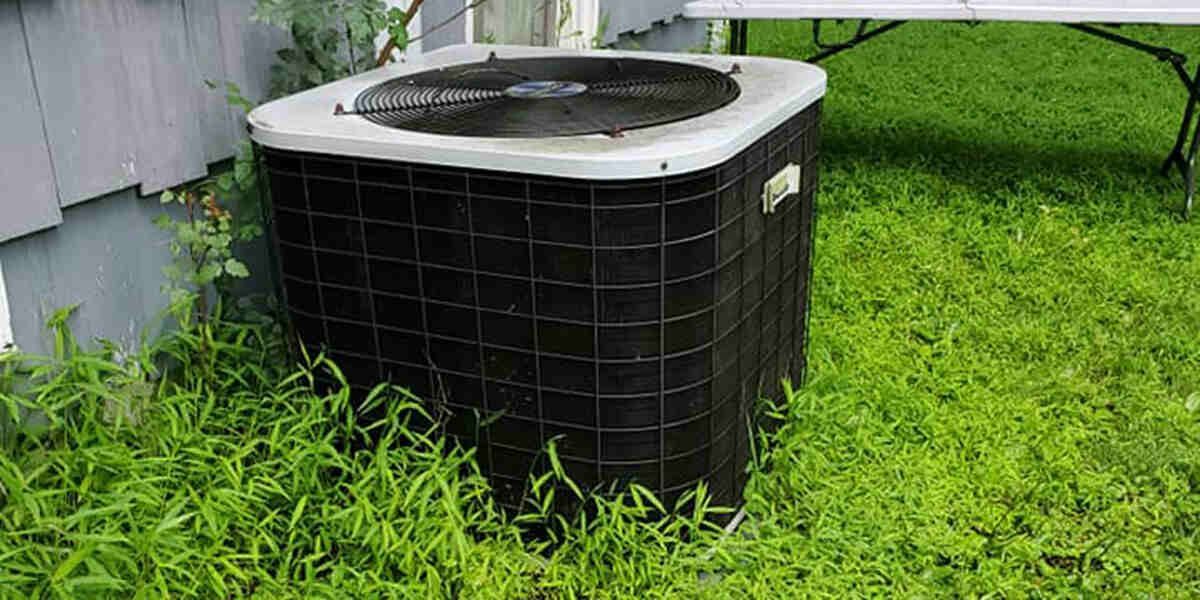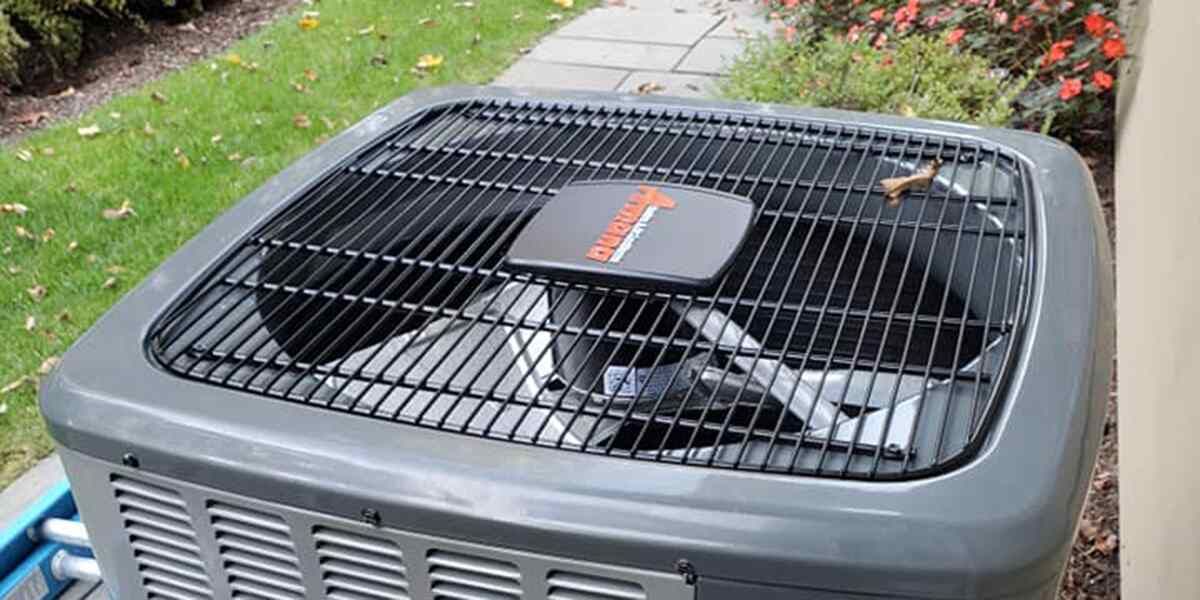Gas Furnace vs. Electric Furnace: Pros and Cons
Comfort Specialists
Regardless of where you live or your home’s size, one of the most crucial considerations is whether you should get a gas furnace or an electric furnace. Each offers unique advantages and disadvantages. In this article, we discuss the pros and cons of a gas furnace vs electric furnace.
If your furnace needs repairs, get a furnace repair in Succasunna, NJ, by Comfort Specialists. Our team has the knowledge and precision to diagnose and repair your furnace accurately, no matter its power needs. Contact a Comfort Specialists furnace repair expert at (973) 970-9030for trustworthy, transparent, high-quality service.
Pros of Having a Gas Furnace
A gas furnace heats your home using natural gas, then spreads it throughout your rooms. Between a gas furnace vs. electric furnace, electric is more prevalent in the South, while New Jersey’s cold winters make gas heat an attractive option for many people. You’ll enjoy the following benefits with a gas furnace:
Lower Energy Costs
Electric costs have increased significantly over the past several years. While gas costs have grown, it’s still more affordable than electricity. You’ll have substantially lower utility bills with a gas furnace than with an electric model.
Faster Heating Times
New Jersey residents wanting instant heat should choose a gas furnace. Gas heats your home faster than electricity and can reach a higher temperature despite freezing outdoor conditions.
High-Efficiency Options Available
High-efficiency gas furnaces are becoming popular for their environmental benefits and cost benefits. Those looking to decrease their carbon footprint can do so effortlessly, and you’ll also save more money with an efficient gas furnace.
Natural Gas Furnace Cons
Despite the excellent monthly savings and excellent performance, there are a few significant disadvantages to gas furnaces. Upfront costs, safety, and maintenance needs are among the biggest cons.
Higher Installation Costs
Between a gas furnace vs. electric furnace, a gas furnace comes with higher installation costs. Gas furnace installations are more complex and require a skilled professional with excellent attention to detail. Because of this, companies will typically charge more for a gas furnace installation.
Greater Safety Concerns
A gas furnace produces a small level of carbon monoxide. While they don’t occur frequently, carbon monoxide leaks can become severe quickly, damaging your tissues or causing death in extreme cases. Keeping an accurate carbon monoxide detector nearby to alert you to leaks is crucial.
Necessary Maintenance
Gas furnaces require regular maintenance to stay efficient. The average gas furnace lasts for up to 20 years. Without routine maintenance inspections and tune-ups, your furnace’s efficiency will decrease significantly, increasing your monthly energy bills and taking years off the unit’s life.
Electric Furnace Pros
An electric furnace or electric heat pump uses electricity to heat your home. For some New Jersey residents, an electric furnace is ideal. Between a gas furnace vs. electric furnace, there are notable differences in air quality and longevity.
No Natural Gas
Because they only rely on electricity, electric furnaces eliminate the need for natural gas. This will save you money if your home already doesn’t use gas because you won’t need a gas line installed.
Electricity powers your furnace’s equipment to heat your home evenly. Mechanical parts in the furnace heat up, and an air handler blows the air throughout your interior. Your rooms will stay warm in freezing temperatures.
Better Indoor Air Quality
An electric furnace features an air filter that traps contaminants such as hair, pet dander, dust, and other airborne particles and prevents their spread throughout your home. You’ll have significantly better indoor air quality compared to a gas furnace.
Incredible Lifespan with Maintenance
Maintenance is crucial to extend the lifespan of any appliance, including electric furnaces. Regarding gas furnace vs. electric furnace longevity, electric furnaces last much longer with proper maintenance. Your unit could last up to 30 years before needing replacing.
Cons of an Electric Furnace
Some of the most prominent disadvantages of an electric furnace are performance-related. High costs are also a significant discouragement to homeowners. Consider how you would prefer to fight New Jersey’s bitter winter temperatures.
Slower Heating Times
Electric furnaces take longer to heat to the set temperature. It takes time for the interior components to generate heat, compared to gas furnaces that use a flame to provide instant heat. If you’re looking for a quick heating solution, an electric furnace is less than ideal but still practical.
Higher Utility Bills
Gas furnace vs. electric furnace utility costs differ drastically. Electricity costs much more as prices have risen and will likely continue to skyrocket. If your existing electric furnace is inefficient due to old age or a lack of maintenance, you could be spending way too much on your monthly utility bills.
No Heat Transfer
Electric furnaces create heat but do not offer any heat transferring capabilities. This means your costs will be higher than with an electric heat pump that transfers heat between the indoors and outdoors, depending on your temperature settings. An air handler may be necessary to spread heat from an electric furnace throughout the home successfully.
Gas or Electric Furnace Installation Services From Comfort Specialists
No matter your heating and cooling needs, Comfort Specialists can help you determine whether a gas furnace vs. electric furnace is suitable for your home and heating demands. Whether you live in Morris County or beyond, our team has the experience and precision to install gas and electric furnaces.
We make getting a new furnace stress-free and straightforward. Our team arrives promptly, helps you select the perfect model, installs it accurately, and shows you how to use it. With our streamlined process, you will have a highly-efficient, properly-running furnace in no time.
Don’t get caught without a working furnace this winter! Look into the benefits of new furnaces for old homes, then request services from Comfort Specialists in Kenvil, NJ. Contact our HVAC service experts today by filling out our online contact form or calling (973) 970-9030.
CONTACT INFORMATION
Comfort Specialists
39 North 1st Ave Kenvil, NJ 07876
OUR SOCIAL MEDIA
OUR LOCATION
All Rights Reserved | COMFORT SPECIALISTS



